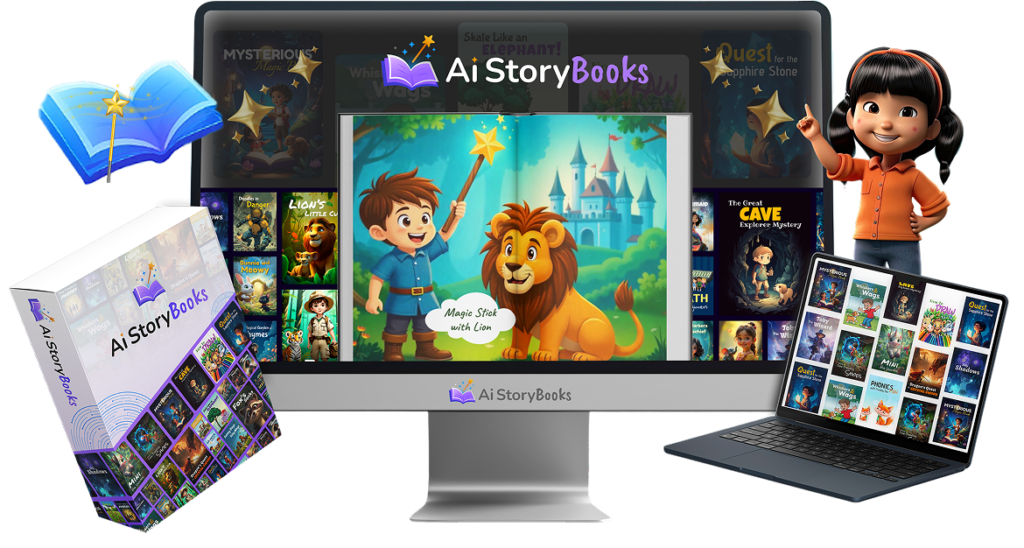- The Product Research Group
- July 20, 2025
- No Comments
In the ever-evolving world of gaming, choosing the right console can be as strategic as the games themselves. As we reach mid-2025, the landscape is vibrant with powerful machines and innovative experiences. This note provides a concise overview of the top 5 gaming consoles, breaking down their unique strengths and weaknesses to help you navigate your next big gaming decision.
Here’s a ranking of the top 4 gaming consoles as of mid-2025, along with their individual pros and cons, to help you make an informed decision:
1. Sony PlayStation 5 (PS5)
The PS5 continues to dominate with its powerful hardware, exclusive titles, and immersive features.
Pros:
Exceptional Exclusive Games: Home to critically acclaimed first-party titles like Spider-Man 2, God of War Ragnarök, and upcoming exclusives that leverage its hardware.
Blazing-Fast SSD: Nearly instantaneous load times for games and system navigation.
Immersive DualSense Controller: Haptic feedback and adaptive triggers provide a truly next-gen gaming experience.
Stunning Graphics: Capable of 4K resolution at high frame rates, with ray tracing support.
Strong Community & Ecosystem: Large player base and robust PlayStation Plus service.
Cons:
Large Form Factor: Can be difficult to fit into some entertainment setups.
Limited Storage: The internal SSD fills up quickly, and expandable storage options can be expensive.
Availability (historically): While improved, occasional stock issues can still arise.
Higher Price Point: Generally more expensive than the digital-only Xbox or Switch.
2. Nintendo Switch (OLED Model)
The hybrid console continues to be a unique and highly popular choice, especially with its improved OLED screen.
Pros:
Unmatched Portability & Versatility: Seamlessly switches between handheld, tabletop, and TV modes.
Incredible First-Party Games: Home to beloved, family-friendly, and critically acclaimed titles like Zelda: Tears of the Kingdom, Super Mario Odyssey, and Pokémon.
Vibrant OLED Display: The OLED model significantly enhances the handheld gaming experience with richer colors and deeper blacks.
Joy-Con Controllers: Unique detachable controllers enable versatile gameplay and local multiplayer.
Cons:
Less Powerful Hardware: Cannot compete with PS5 or Xbox Series X in terms of graphical fidelity or raw performance.
Limited Internal Storage: Requires a microSD card for most game downloads.
Joy-Con Drift: A known issue where controllers can register movement without input (though less common in newer models).
Online Service is Basic: Nintendo Switch Online offers fewer features compared to competitors’ services.
3. Microsoft Xbox Series X
Microsoft’s flagship console offers raw power, an incredible subscription service, and strong backward compatibility.
Pros:
Most Powerful Console: Slightly more raw processing power than the PS5, leading to excellent performance.
Xbox Game Pass Ultimate: Unbeatable value with a vast library of first-party titles, Bethesda games, and many third-party games available day one.
Excellent Backward Compatibility: Plays thousands of games from previous Xbox generations, often with enhancements.
Quick Resume Feature: Seamlessly switch between multiple games instantly.
Robust Cloud Gaming: Integration with Xbox Cloud Gaming for playing titles on other devices.
Cons:
Fewer First-Party Exclusives (initially): While growing, its exclusive lineup has historically been less impactful than PlayStation’s, relying heavily on Game Pass.
Controller Uses AA Batteries: Still uses disposable AA batteries by default, unlike PS5’s rechargeable controller.
Storage Expansion: Proprietary storage expansion cards are expensive.
4. Valve Steam Deck / ASUS ROG Ally (Portable PC Gaming Handhelds)
While not traditional “consoles,” these handheld PCs offer a console-like experience with the vastness of PC gaming.
Pros:
Massive Game Library: Access to your entire Steam library and other PC game launchers.
Portable PC Gaming: Play AAA PC titles on the go.
Customizable: More flexibility in settings and software compared to closed console ecosystems.
Versatility: Can be docked to a monitor and used as a mini-PC.
Cons:
Higher Learning Curve: Requires more technical knowledge than traditional consoles (drivers, settings, etc.).
Battery Life Varies: Can be significantly shorter for demanding games.
Performance Varies: Not all AAA games run perfectly, and performance depends on the game and settings.
More Expensive: Generally higher price point than the Series S, and comparable to or exceeding Series X/PS5 for higher-end models.
Less Optimized: Games aren’t specifically optimized for the hardware as they are for dedicated consoles, leading to potential inconsistencies.
The Product Research Group
Twenty years from now you will be more disappointed by the things that you didn’t do than by the ones you did do. Sail away from the safe harbor.







